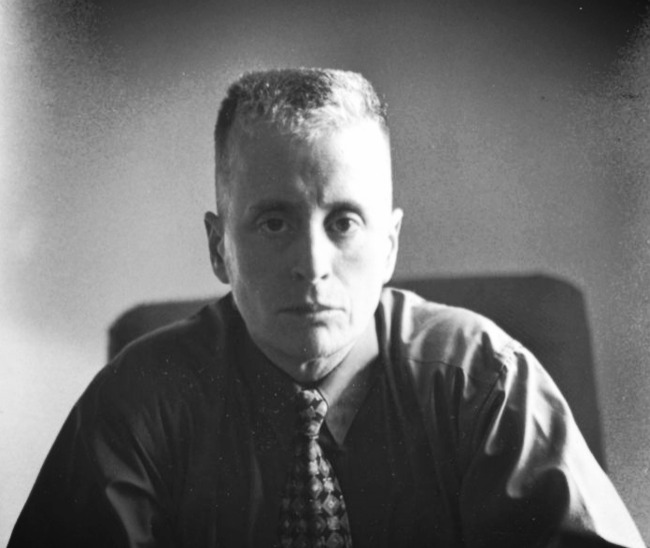What are your feelings about the book overall?
These last few sections are very nice. Describing how movements weren't monoliths but made up of lots of smaller groups but worked together for a goal that would help everybody.
A good book, easy to read, accessible to me with what I understand of trans/queer issues. The thesis of the book was about how all of the individual groups in the LGBTQ+ community, ultimately are fighting for the same outcomes and should work together to succeed.
There was subtext about how anybody can help and should help, even if they aren't a superhero there is something that they can do no matter how small. Even people who don't identify with any particular group being oppressed should support their liberation because ultimately everybody will benefit.
How did you react to Leslie spitting mad anti-capitalist facts in chapter 8
I think the chapochatters would probably like chapter 8. I know it kinda got me fired up.
Was anything eye opening to you?
Some of the "portrait" sections had little bits and pieces of things here and there that reminded me that I might have generalized or taken some descriptions for granted. I mentioned in one of the earlier megathreads, the two spirit term I heard years ago to describe trans gender individuals from indigenous peoples. I just assumed that it was an okay term that was applicable across all of the indigenous groups, didn't know there were some uses of the term "two spirit" that referred to parentage. Then there were the bits of history reframed in other sections, like Joan of Arc might have been trans.
Coming from a society that does a great job of forgetting what happened yesterday, being reminded how much history is important was nice. How damaging it is for a subculture or group within a larger culture/group to have their entire past erased. It hurts those who have lost their history and it makes everybody else have to start over again in learning about those groups.
Theory that never touches reality is somewhere between garbage and a waste of effort when it comes to changing society. I can appreciate that. I don't think I highlighted that section in the later chapters but I did read over those paragraphs a few times.
QUOTES:
pg 130, William/Peaches
People that need help don't care if you are a Drag Queen, Trans, Bi, Lesbian, or what. If you can help them, you get respect, teach them, you get respect, fight for them, you get respect.
Maybe a universal sentiment that I've heard expressed again and again for many years. Seeing the posts/tweets from liberals about the 2020 presidential race in the USA... I just don't know how many times they can be told, "If you don't offer people something, why would they support you over somebody who does even if what is being offered is garbage?" Kinda goes against the elimination rhetoric I've been hearing/reading from liberals and some lefty types, since Bush 2 was reelected.
pg 132-133, a Leslie Feinberg section
What are the goals of the trans movement?
It depends on who you ask... What definition of liberation At what points will their political paths diverge.
I was expecting some examples in the following paragraphs but I don't think there were any. Would have liked to read more of, "This was a conflict between two factions withing a group, here's how it played out, here's why each group thought there was a conflict, etc." Probably not necessary for the purpose of this book, but sitting on the outside of all of these spaces being told that there were potential or perceived conflicts between groups whose ultimate projects would benefit each other but not going into what those were leaves disappointing my curiosity.
pg 135
gender-phobia
That's a term I haven't heard before, going to have to look that up.
pg 140
The Democratic Party cannot lead us forward...
:agony-4horsemen: :ussr-cry: What a time to read this line in a book that's 20 years old, talking about things that have been going on for decades.
pg 143, more anti Doomerism
We remember their names... because they fought back, even when the economic and social system that oppressed them seemed invincible... In doing so, they became catalysts to the movement..
I see that frequently in the comments of chapochat posts. Can't tell if its ironic doomerism, backstabbing a comrade, or what? I have to try very hard to not reply with a, "if they're willing to do the work, help or get out of their way" every single time I come across it.
To our TransComrade 69,
Thanks for this. I appreciate you offering up your book and posting the mega threads, and cleaning up the comments from that one spammy commenter last week. I'm not sure what you may have expected from this project, from our comments, but I hope that those of us who participated made it worth while.
:cat-vibing:
